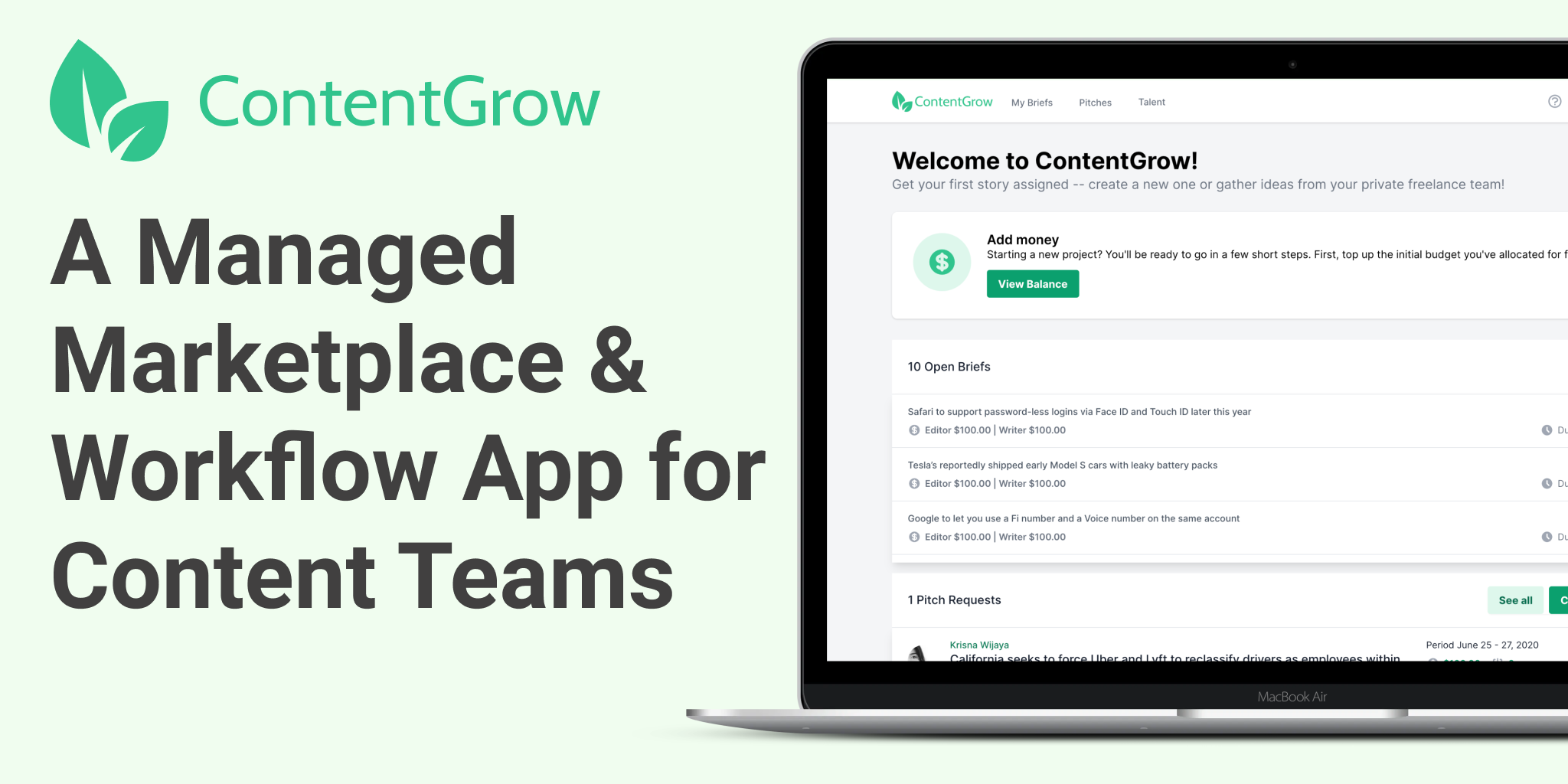3 ways AI can enhance your marketing game
Artificial intelligence is transforming a variety of industries, and marketing is one of the most exciting examples.

Among other things, AI has enhanced the marketing industry by offering more detailed insights into customer behavior. This allows marketers to build loyalty through a better user experience and tailored communications.
The changing paradigm is important, as brands today operate in a world of incredibly short attention spans. PR pros and brand marketers are often overwhelmed by a surplus of data and information. To make sense of it all, AI is now playing a role in quickly helping brands decide what data to truly focus and act on.
Here are three useful ways AI can help brands enhance their marketing campaigns.
Personalized recommendations
In the past, delivering a personalized recommendation was hard because it required a human touch. Today, however, it's possible to do it at scale in a competitive landscape, thanks to AI. Data indicates that customers highly value personalization. Epsilon and GBH Insights found that 80% of consumers are likely to buy from a brand if it offers a tailored experience.
Netflix offers a clear success story. The streaming platform's recommendation engine has reportedly saved the company over US$1 billion per year. In fact, the algorithm is so accurate that it now drives 80% of Netflix's viewer activity.
The rub? Brands need to start investing in personalization to stay ahead of the competition. But without AI, the right degree of personalization can prove to be prohibitively time-consuming.
AI and machine learning tools can analyze user preferences for product features. They can find all the items users have previously liked, bought, or shown interest in. With such intel, brands can then deliver relevant product recommendations.

Predictive lead scoring

Another practical application of AI in marketing is predictive lead scoring. This is a method, often used by B2B marketers, to help pick out real potential customers from thousands – or even millions – of leads.
By using historical and current data, predictive scoring can generate a model that foresees future outcomes based on past behavior and a customer's profile that is most likely to convert.
Research has shown that companies that apply lead scoring algorithms have seen about a 20% improvement in conversion rates.
This kind of AI is most effective when integrated into a marketing team's daily processes. Sales and marketing teams dealing with troves of leads should use predictive lead scoring to ensure they're using their time wisely – especially when it comes to outreach and re-engagement.

Try-before-you-buy

Even as the pandemic waines, many in-person commerce experiences continue to streamline themselves. There's never been a better time to reassess your brand's online experience.
For traditionally offline verticals that operate in a 'touch and feel' way, like apparel and jewelry, AI can now offer a try-before-you-buy online experience.
For example, eyewear brand John Jacobs uses AI and facial recognition tech to let customers virtually try on glasses and see how they look. As a result, the brand reports fewer returns on average and claims the tool helps customers feel more confident about their decisions.
Save time and money when creating and distributing high-quality PR and branded stories with ContentGrow. Sign up to get your campaign started or book a quick call with our team to learn more.





